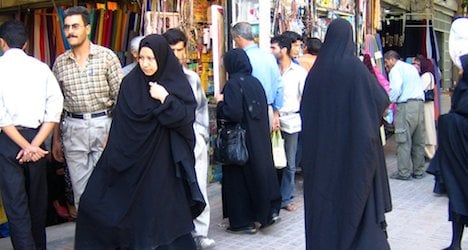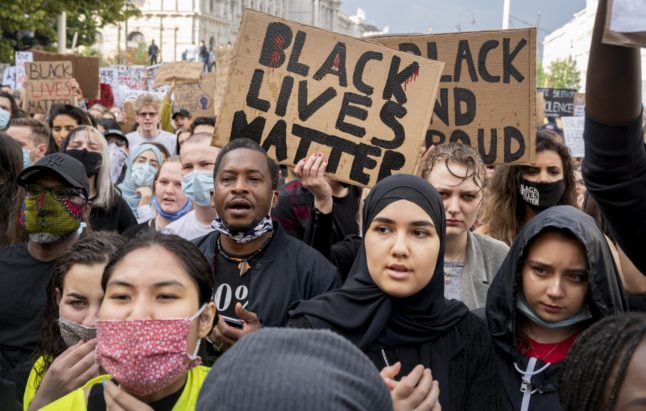After last week's decision by the Strasbourg-based European Court of Human Rights (ECHR) which supported France's ban on religious headgear, the Freedom Party announced that they would be introducing a similar measure into Austria's parliament.
The rule is intended to target the burqa, a traditional garment from the Middle East which completely covers the wearer, including the hair and face.
Now Heinz-Christian Strache, leader of the Austrian Freedom Party, has stated that the proposed ban doesn't go far enough, and should be extended to include the chador, a traditional Persian head scarf which leaves the face uncovered. Strache's party has opposed what they call the "Islamification" of Europe.
The text of the planned measure, to be introduced into parliament on Tuesday, calls for a "ban on the wearing of the burqa, the niqab, the chador and other full body cover-ups."
The FPÖ sees the chador as a "symbol of a woman's complete submission to the man". Disabilities and "obstacles in finding employment" are other reasons for a ban.



 Please whitelist us to continue reading.
Please whitelist us to continue reading.
Member comments